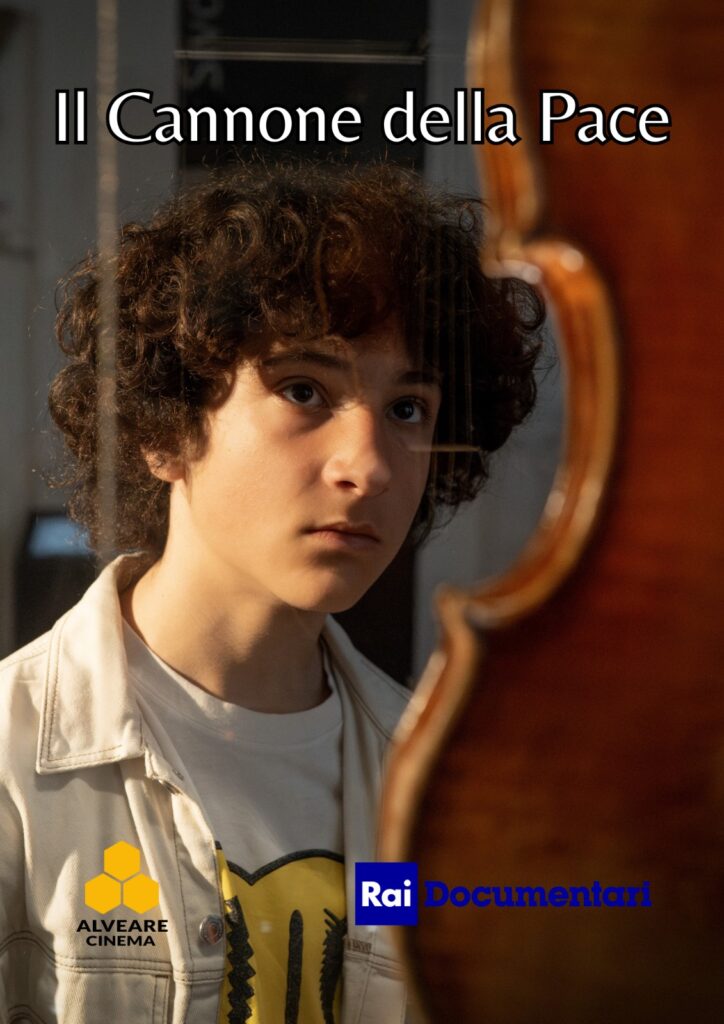A close friend recently shared astronaut Ron Garan’s thoughts that seems to have been changed by his 178 days and 71 million miles in the “freedom” of space, and by his time on the International Space Station. This transformation has been termed the “panoramic effect,” essentially a cognitive perspective and paradigm shift by astronauts who viewed Earth from space as an awareness that life on our planet in this vast universe has been sustained for very little time and that fragility must be protected, administered, and therefore our very survival depends on our cooperation. In his recent book, The Orbital Perspective: Lessons in Seeing the Big Picture from a Journey of 71 Million Miles,
Garan says, “If we adopt the same mindset and collaborative practices that came to the moon and back, and built the International Space Station, we can alleviate poverty and do so much more.” In mid-2024, the time has come to act to do more.
Doing much more is the task that Arnoldo Mosca Mondadori wants to give energy, changing hearts, minds and reality. Mosca Mondadori, great-grandson of the Italian publisher Arnoldo Mondadori, has never been a stranger to art and publishing. It is fitting that he and Marisa Boldoni have founded a company that is making glorious progress, in concrete steps with their non-profit organization, The House of Spirit and Arts.
The interview takes place due to the inclusion of the “Metamorphosis” project in a documentary film produced by Alveare Cinema with RAI Italia. This film, The Cannon of Peace, will be screened in Italy and in the cantons of Italian-speaking Switzerland on the occasion of the United Nations International Day of Peace, Saturday 21 September 2024. The film will also premiere at 1:00 p.m. on the same day at the Cinema Arts Centre in Huntington, Long Island, NY with an international Q&A on Zoom after the screening.
I am particularly struck by the reflections of Mr. Mosca Mondadori in the trailer that describes the Metamorphosis project of his Casa dello Spirito e delle Arti Foundation. After a trip to Lampedusa in 2021, while rescuing migrants arriving in desperate conditions from a three-day journey, he saw a child get off a boat, barefoot and dehydrated. Mosca Mondadori wondered: “Why that child and not my son?
In the interview, Mosca Mondadori and I talk about the frenetic pace of life in today’s world, the constant reproduction of media misinformation, the high frustration and situations of people around the world, and what steps could be taken to change.
He prefers to answer with a question…Just as sunlight illuminates the earth and makes it live, what light do we humans really need, in addition to that of the sun?
Thinking of an answer, my ideas oscillate away from television as a perpetual means of keeping company, from social media that incessantly sells fast food and then pharmaceuticals to correct the consequences, from unfettered AI developments with regulation that doesn’t want or can’t contain them, but to visions of a lake, or the sea, a sunrise or a sunset.
And then he asks a second question;
How much time do we spend on silence? Silence is gold… And being silent long enough to listen gives us the inner strength we really need.
Mosca Mondadori asks questions, questions himself and others. Perhaps it proposes to us the need for spiritual restlessness to try to understand ourselves, who we really are.
The third question reinforces his point of view…If we live in the grip of consumerism, of consumption, are we really happy? How long does the “happiness” that comes to us from consuming last?
What remains important in our lives, whether we are believers or non-believers, are the moments when we were loved and loved. Everything else passes. It proposes an inner exercise: let’s sincerely try to think about the moments of our life that have remained indelible in our inner memory and that still make us happy. Mosca Mondadori claims that they are the ones in which we have lived the experience of love (and not of consumption).
His advice for living life to the fullest involves the awareness that each of us depends on love. A healthy addiction. Just as, to live, our body depends on oxygen and food, our spirit to be truly alive depends on being loved and loving. Love is the only thing that never wears out.
The words and gestures of Arnoldo Mosca Mondadori suggest that in our daily lives it helps to remember the spirit expressed through the arts, caring actions and our shared humanity, as an important quote from another powerful artist comes to mind whose words continue to resonate over time: If anyone thinks that love and peace are a cliché that must have been left behind in the sixties, this is his problem. Love and peace are eternal. John Lennon.










